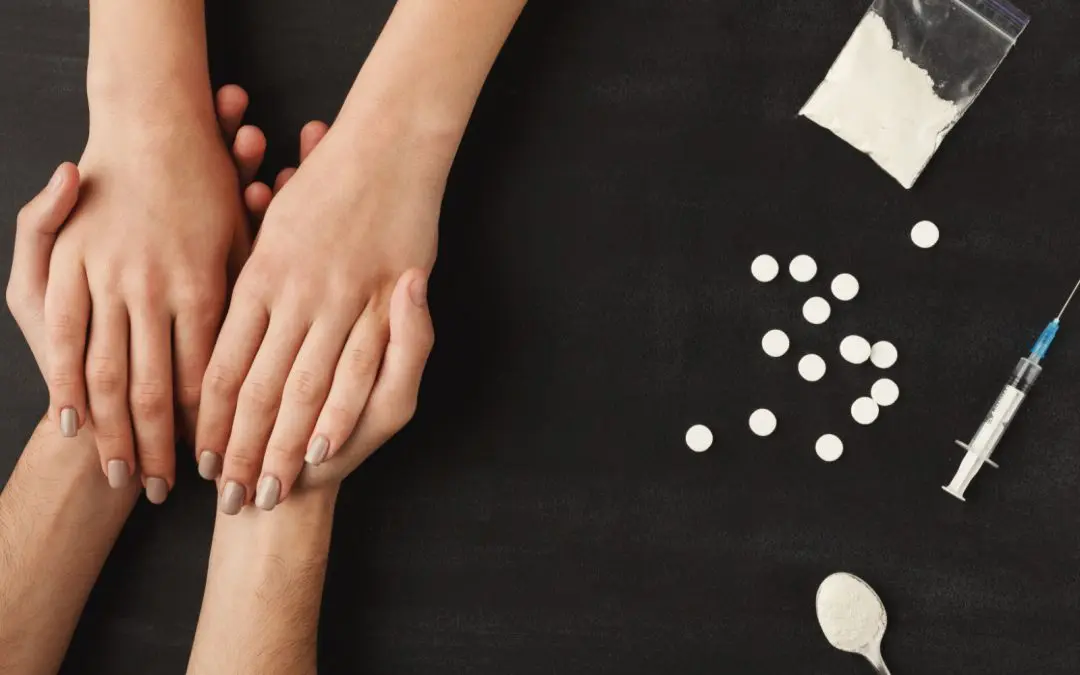24/7 Helpline:
(866) 899-221924/7 Helpline:
(866) 899-2219
Learn more about Dual Diagnosis Rehab centers in Linden
Dual Diagnosis Rehab in Other Cities

Other Insurance Options

Choice Care Network

Premera

CareFirst

Health Choice

Cigna

Highmark

BlueCross

UnitedHealth Group

Sliding scale payment assistance

WellCare Health Plans

American Behavioral

Absolute Total Care

Carleon

Optima

AllWell

PHCS Network

Group Health Incorporated

Anthem

UMR

Aetna

West Alabama Mental Health Center
West Alabama Mental Health Center is a private rehab located in Demopolis, Alabama. West Alabama Men...

West Alabama Mental Health Center – Walnut Ave
West Alabama Mental Health Center, in Demopolis, Alabama, offers outpatient psychiatric care and add...

West Alabama Mental Health Center – Springhill Home
West Alabama Mental Health Center–Springhill Home, in Demopolis, Alabama, provides psychiatric care ...

Upson County Counseling Center
Upson County Counseling Center offers individuals experiencing symptoms associated with mental illne...

Advantage Behavioral Health Systems
Advantage Behavioral Health Systems provides outpatient clinic services for individuals age 18 and o...

New Opportunities
New Opportunities offers outpatient services for adolescents and adults struggling with a Substance ...

Counseling Alternatives
Counseling Alternatives is a private rehab located in Magnolia, Mississippi. Counseling Alternatives...

South Jersey Behavioral Health Resources – Adult Care
South Jersey Behavioral Health Resources - Adult Care is a non profit rehab located in Magnolia, NJ....























West Alabama Mental Health – Lloyd Matthews Watkins Life Skills Center
West Alabama Mental Health Center–Lloyd Matthews Watkins Life Skills Center provides mental and beha...

South Arkansas Youth Services – SAYS – Columbia Road
South Arkansas Youth Services - SAYS - Colombia Road provides alcohol and drug rehab services to ado...

South Arkansas Youth Services
South Arkansas Youth Services, located in Magnolia, Arkansas, is an alcohol and drug rehab program a...

Atlanta Mission – The Potter’s House
Atlanta Mission – The Potter’s House focuses on helping homeless and addicted men improve their live...

New River Behavioral Healthcare
New River Behavioral Healthcare is a private rehab located in Jefferson, North Carolina. New River B...

Open Door Ministries
Open Door - Addiction Center is an inpatient rehab for men located in Magnolia, NC. Open Door - Addi...

Daymark Recovery Services
Daymark Recovery Services is located in Jefferson, North Carolina. Daymark Recovery Services is a no...

Pacific Ridge
Pacific Ridge is a residential alcohol and drug treatment center located just south of Salem, Oregon...

Cornerstone Counseling
Cornerstone Counseling is a private rehab located in Jefferson, Wisconsin. Cornerstone Counseling sp...





















































































































